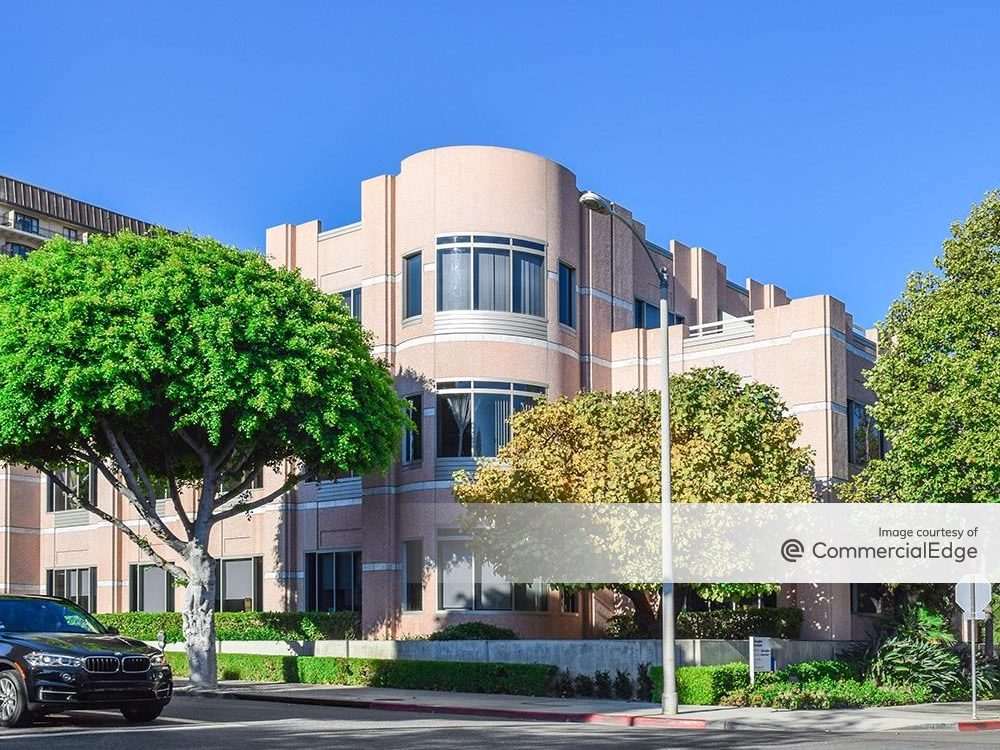Why Net Lease Buyers Have the Upper Hand
The expanded supply is most prevalent in the more commoditized single-tenant assets, observes The Boulder Group's Randy Blankstein.
Cap rates in the single-tenant net lease sector increased for the ninth consecutive quarter within all three sectors in the second quarter of 2024. Single-tenant cap rates increased to 6.47 percent (+5 bps) for retail, 7.67 percent (+7 bps) for office and 7.10 percent (+8 bps) for industrial. Elevated interest rates and limited 1031 exchange and institutional buyer activity is the cause of the consistent upward trend in cap rates. Furthermore, the lack of transactions when compared to recent years is causing property supply to rise without a path to clear the market inventory.
Property supply in the single-tenant sector increased by more than 8 percent when compared to the prior quarter. Additionally, the second quarter of 2024 experienced the highest number of properties on the market since the fourth quarter of 2021. With a significant number of properties on the market, the dynamic of who the market favors changed. Most investors believe that the current market strongly favors buyers over sellers in terms of compromising on asset pricing. This is especially true of assets that are more highly commoditized like dollar stores.
Low competition
With limited competition, buyers are targeting assets in either income-tax-free states or areas with strong demographic drivers. Secondary buyer motivations include strong real estate fundamentals with credit tenants. This is most evident in the casual dining sector where cap rate changes were less consistent across the board and varied by tenant. While cap rates for the overall casual dining sector increased by 8 bps, stronger brands including Olive Garden and Texas Roadhouse saw no changes in cap rates compared to prior quarters.
In the second half of 2024, the expectation is that the pace of cap rate expansion should slow. However, cap rates are still expected to rise given the increase in the supply of net lease properties. It remains to be seen if the market will receive much-needed interest rate relief via a rate cut from the Federal Reserve. Investors will continue to carefully monitor the capital markets and the potential impact on net lease valuations. As the market remains inconsistent, investors will remain selective, focusing on properties with strong tenants and underlying real estate fundamentals at pricing that is advantageous.
Randy Blankstein is president of net lease advisory firm The Boulder Group. http://bouldergroup.com/








You must be logged in to post a comment.